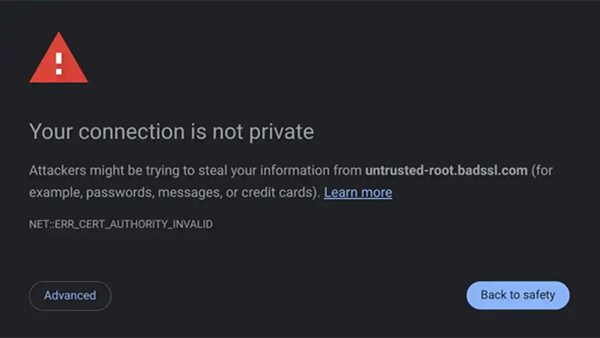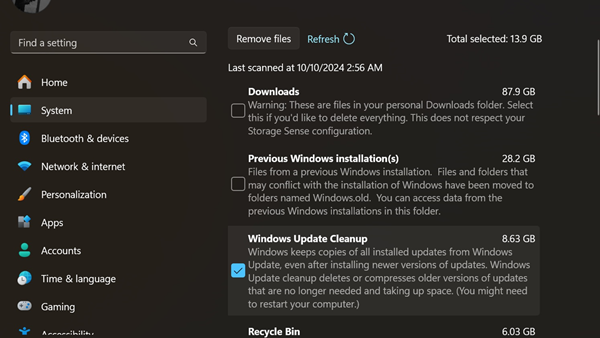Update Now: qBittorrent Patches Serious Security Vulnerability in Latest Version
A notable vulnerability has been identified in the qBittorrent, a widely used BitTorrent client, which disregards SSL/TLS certificate validations potentially allowing for Man-in-the-Middle (MiTM) attacks and even remote code execution. This flaw, present in the code submitted on April 6, 2010, went unaddressed until the recent release of qBittorrent version 5.0.1, which finally patches the vulnerability.
Despite the severity of this security oversight, it appears that qBittorrent's developers have not assigned a CVE (Common Vulnerabilities and Exposures) identifier to the issue, nor have they prominently notified their user base of the necessity to update to the latest version for protection.
Users of this BitTorrent client are strongly advised to upgrade to version 5.0.1 immediately. Given the public disclosure of this vulnerability, it is only a matter of time before malicious actors begin to exploit it, placing end users at significant risk.
The Nature of the Vulnerability:
The vulnerability stems from a code update committed 14 years ago, identified by the commit hash 9824d86. The DownloadManager component, responsible for managing downloads within the application, was found to ignore any SSL/TLS certificate verification errors. Consequently, expired, self-signed, or otherwise illegitimate certificates would be accepted without warning.
This flaw opens the door for attackers to carry out MiTM attacks by masquerading as legitimate servers to intercept, modify, or hijack data transmissions, with qBittorrent offering no error messages or warnings to indicate something is amiss.
Until the release of version 5.0.1 two days ago, this vulnerability remained unpatched, underscoring the urgent need for users to update their software.
Potential Exploits and Risks:
One potential exploit scenario involves qBittorrent prompting users to install Python via a hardcoded URL when it is not found on Windows systems. Without proper SSL/TLS certificate verification, an attacker could intercept this request and substitute the legitimate Python installer with a malicious payload, leading to malware or backdoor installation.
Another example is qBittorrent's feature of downloading and decompressing a GeoIP database from a hardcoded URL, which could be exploited by attackers to execute specially crafted files that leverage potential buffer overflow vulnerabilities.










